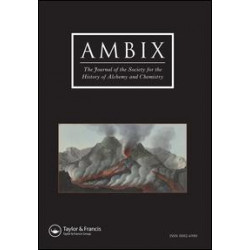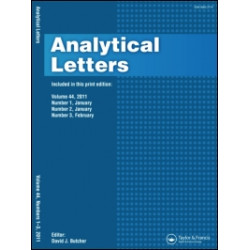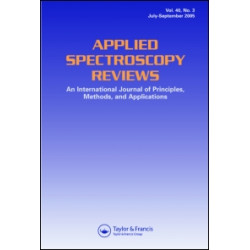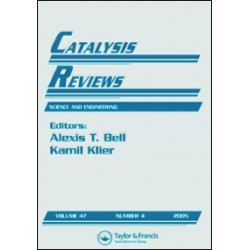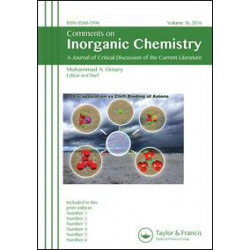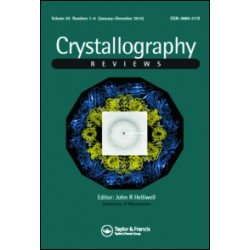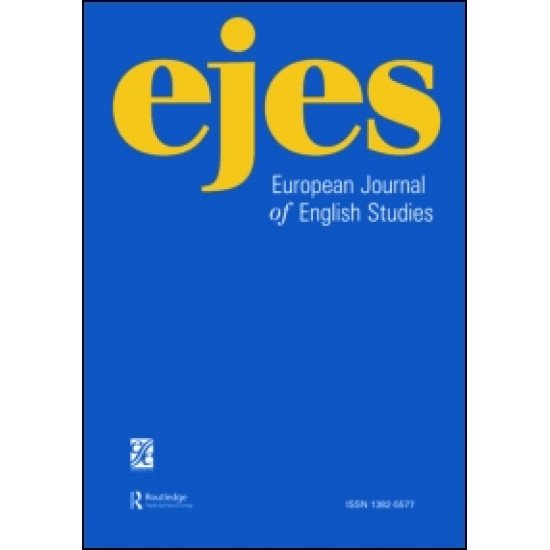
EJES presents work of the highest quality in English literature, linguistics and cultural studies from the multidisciplinary and multicultural perspective that characterises the study of English in Europe. Rather than producing miscellanies of essays from across the disciplines, the aim of the journal is to publish substantial scholarly and critical interventions, from a variety of perspectives, on chosen themes, and thereby to influence the agenda in its disciplines. A research journal, written by and for specialists from all parts of the disciplinary spectrum of English Studies in Europe and beyond, EJES is also addressed to academics interested in the dialogical and plurivocal development of their subject and in innovative work outside their own area of expertise. To this end, it also offers non-specialists examples of recent approaches and new ways of conceiving and engaging the field of English studies. The journal places a high premium on readability, discussion of controversial issues, and the inclusion of a wide range of disciplinary, cultural and theoretical perspectives.
EJES appears three times a year. Individual issues are devoted to specific themes, proposed by guest editors, and designed to attract cutting-edge research from across and between the disciplines that make up English Studies in Europe and beyond. Themes should therefore be designed to invite as broad a range of interpretations as possible. EJES does not normally publish volumes of conference proceedings, however we are prepared to consider proposals so long as an equal opportunity is given for contributions from scholars who did not participate in the conference. A substantial book review section keeps readers informed about new publications in the field. 'The cause is Europe . . . The cause is also English Studies in the broadest sense of that term . . . Moreover, the cause is debate.' (Editorial, EJES 1.1). The full EJES editorial policy can be found here.
EJES is indexed in the Thomson Reuters Social Sciences and Arts & Humanities Citation Indices.
Peer Review Policy
All submissions to the journal go through a rigorous, two-stage peer review process, based on screening by the editorial board peer review panel and by external experts when required.







